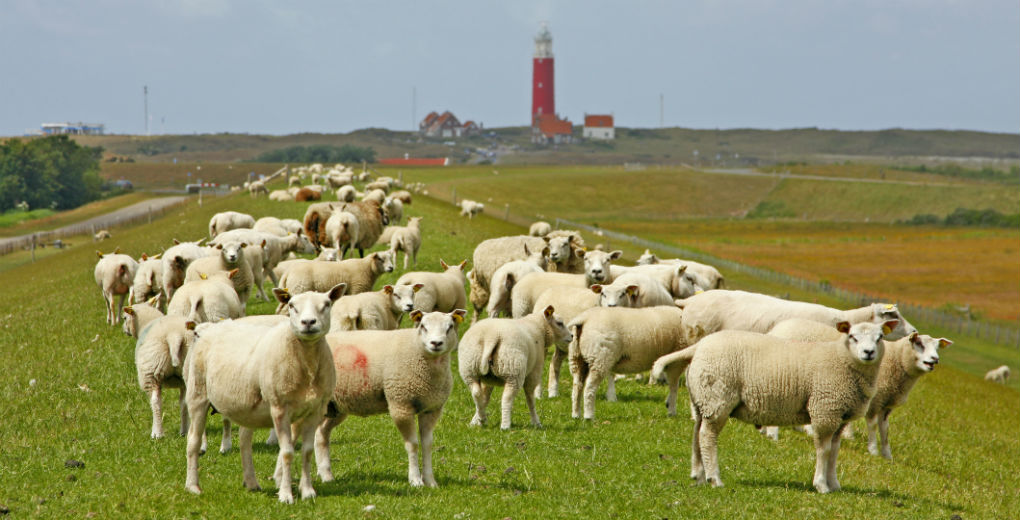The Fake Farms Scandal
What’s in a name? Plenty when it comes to food labelling, with a number of supermarkets coming under fire earlier this year for branding meat products with names which sounded like farms – but weren’t real.
Morrisons was criticised for selling own-brand meat products under the label ‘Hemsley Farms’. German supermarket Aldi also renamed its ‘Wood Farm’ brand ‘Nature’s Pick’, but continues to sell 100% British meat under the ‘Ashfield Farm’ label.
Farm unions claimed the branding would mislead customers, particularly when British-sounding farm names were used to sell foreign meat. Surveyed members of the public have shown support for farm groups, objecting to the use of fictional locations as brands.
Yorkshire-based supermarket Morrisons has now promised not to use any fake farm names on any of its products, after shoppers told it they only wanted real place or farm names to appear on packaging.
NFU Deputy President Minette Batters praised the decision. “We welcome this commitment from Morrisons not to introduce fictional farm branding in its stores. In our view it is important that product names and descriptions on packaging are clear, accurate and do not mislead consumers. We would always encourage shoppers to look out for the Red Tractor logo to ensure the food is produced to the highest welfare standards, and can be traced back to a British farm.”
As part of the announcement, farmers who supply Morrisons made store appearances to discuss the high quality, high welfare background of their food.
Peter Melchett, policy director at the Soil Association, said, “The fake farms scandal revealed that some supermarkets are happy for their customers to form misleading views of how food has been produced. The news that Morrisons has chosen not to use fake farm brand names is a welcome acknowledgment that this is bad practice and insulting to both farmers and shoppers – other supermarkets who still use fake farms on their packaging should do the same.”


